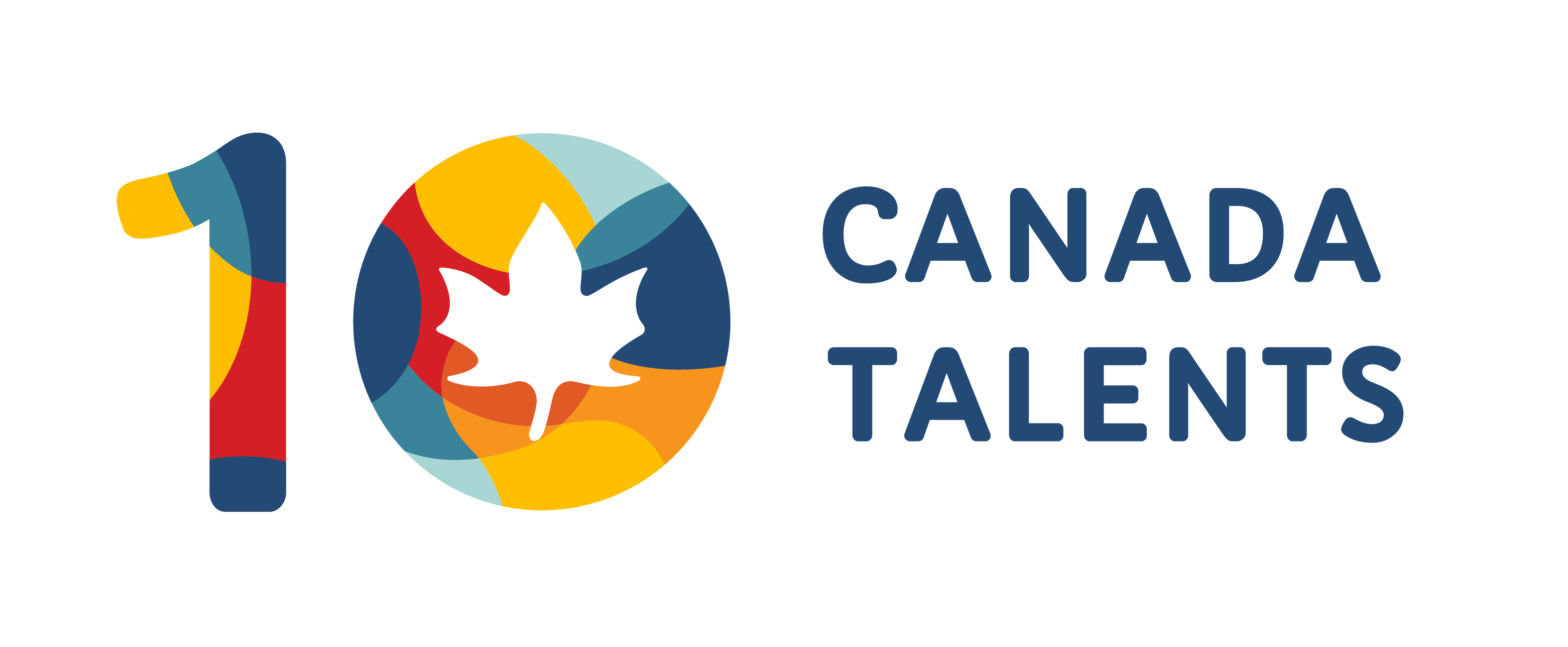Are you looking for a job? If you have started to translate your resume, you have probably encountered the following question: how can I translate my job title?
Confusion surrounds job titles for anyone who has ever looked for a job: are you a manager? A supervisor? An associate? A coordinator?
Are you lost in translation?
Why is it important to find the correct job title?
It is one of the central issues of finding a job: to write your resume and talk about your experience. Keep in mind; recruiters spend a short time reading your resume and focus on job title, company, previous positions, accomplishments, and education. They want to know about your work experience and how it fits with their needs. Job title refers to the responsibilities of a job and the position's level, and it is a cultural thing: a “project manager” in France does not do the same role in Canada!
Remember that you want to make it easy for your next boss to recruit you! In the end, they have to understand your professional journey, as they are used to dealing with Canadians. Swallow your pride, and let go of the idea that a job title is the only thing that matters. Sometimes jobs with titles that don’t seem to match what you’re looking for could, in fact, be the job of your dreams! Pay closer attention to the job description to get a good idea of what the employer expects of you.
How to find the correct job title?
There are a few steps to get there. One thing you have to understand is that there is no magic formula. It’s a cross-reference game that consists of trying and then verifying!
- Translate: First, make a list of every job title related to your work experience. Try to be familiar with the common terms “sale representative” “bartender”… Ensure that the words you use to make sense if you try to translate from French directly to English, as word-for-word translation can lead to awkward wording and mistakes.
- Look for keywords: use keywords that define what you do or want to do on a day-to-day basis. It can be related to software, certifications, type of meetings, or brainstorming. Take a look at what job titles come up.
- Use your keywords to find job titles that could fit your skills or what you are looking for, using job search engines as Indeed.ca. You can also find your NOC (National Occupational Classification) on the Canada Government website. It allows you to determine your level and the correspondence with job titles and what it refers to.
- Cross-reference the information: You now have your two lists, cross-reference them. Make sure that the job title you’re looking at has the keywords that you’re looking for.
- Verify by looking for jobs with this title. If you feel like you will want to apply to some of them (depending on the field), you are right. Go beyond the keywords and look for the daily requirements of the job and try to project yourself. Job titles can be more or less flexible depending on the company, don’t hesitate to investigate their website.
Note: If there are various possible translations but nothing that corresponds directly, you can choose a common term or a general position that fits your level of responsibility. Describe your position in your resume, train your pitch: your job title has to match your skills. If it does not, the employer could have diverging expectations. Sometimes, some of the nuances might be lost. No worries, you will be able to explain the subtleties during the interview.
Still lost? Here are our ToolBox and tips
- Find information about the world of work in British Columbia or the world of work in Ontario and the labour market
- Determine if your job is a regulated profession or not, by visiting the Canadian information center for international credentials (CICIC)
- Browse a list of job titles related to your field
- Translate with Linguee or Context Reverso to get a translation in context. It can help you find keywords to use in job search engines as Indeed, LinkedIn, Glassdoor
Need more help?
Canada Talents organizes events – CONNECTWorking - to help you to find a qualified job in Canada and offers the opportunity for newcomers to participate in Face-to-Face meetings. You will have the possibility to ask questions about finding a job, and how you can translate job titles.


